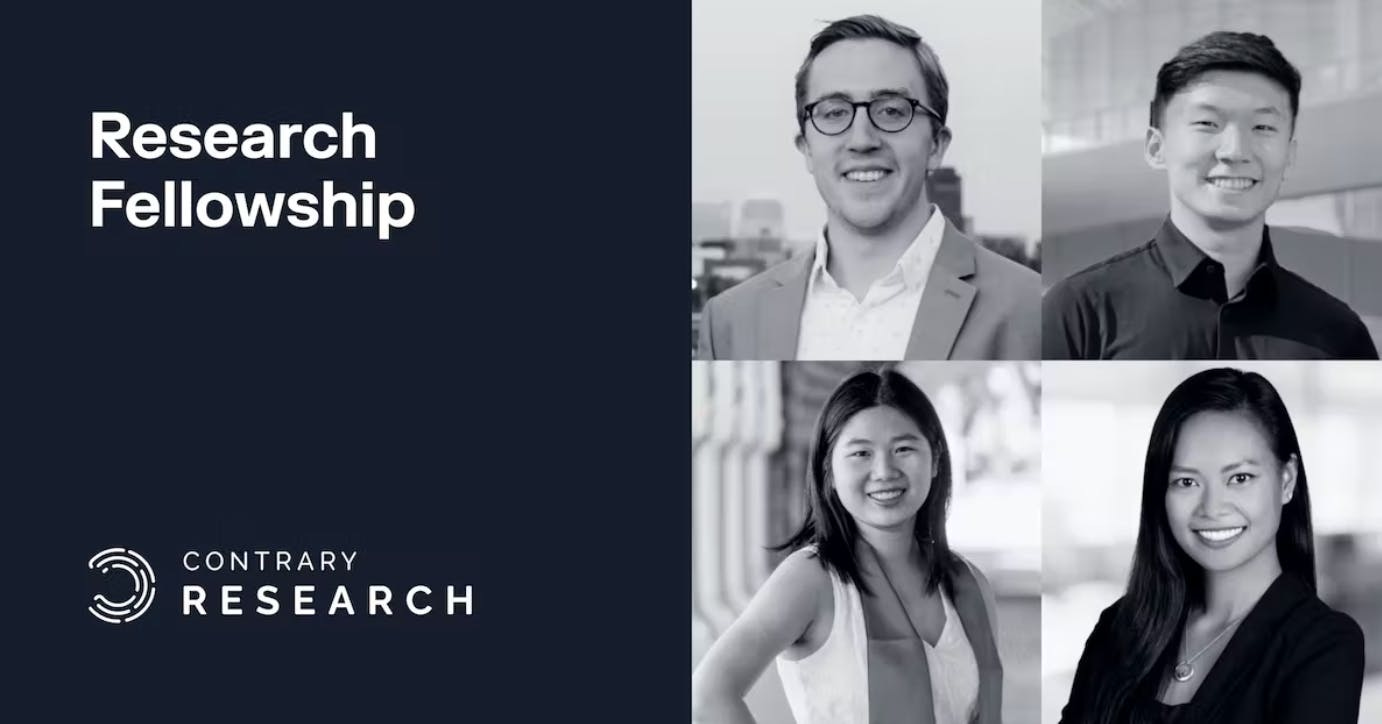Contrary Research Rundown #39
Unpacking startups opportunities in the chemicals industry, and new memos on Klarna, Oura and more
Research Rundown
The chemical industry, which converts raw materials into chemicals used as essential components in everyday items, supports 25% of the US GDP and is a $486 billion market. The US is the second-largest global chemical producer (responsible for 13% of the world's production), and 96% of US-made goods rely on chemical sector products in their manufacturing. The chemical industry is also essential for many of today's necessities, such as safe drinking water, food, energy, medicine, and more. Hydrogen peroxide, for example, is used in the production of bleach, rocket fuel, foam rubber, medicinal products, organic chemicals, and cleaning agents found in toothpaste and household cleaners.
Chemicals can take a long time to break down naturally in the environment, but new technologies have emerged that can destroy them in a matter of seconds. Researchers are racing to identify commercially viable methods that could be used to eliminate contamination in identified hot spots across the US. Meanwhile, dozens of startups are pursuing technologies for the removal of per and polyfluorinated substances (PFAS), most of which remain in the lab and have yet to be brought to market at scale. For example, Aquagga is a cleantech hardware startup developing technology to break down and destroy PFAS. The company traces its roots to research at the University of Washington and the University of Alaska.
Another way of dealing with the carbon footprint of chemicals is to rethink how we make chemicals in the first place. For example, the startup Solugen utilizes patented bioforge technology which combines synthetic biology, metal catalyst engineering, and modular plant design to create chemicals from bio-based feedstocks. This process intends to replace traditional chemical production, which relies on fossil fuels, with environmentally friendly, faster, cheaper, and more efficient alternatives. Solugen modifies corn syrup with genetically engineered enzymes to create high-performance substitutes for everyday chemicals. Check out our full memo on Solugen here.
Unit is a BaaS platform that offers APIs, SDKs, and white-labeled UIs to enable companies to build financial features like accounts, cards, payments, and lending into their products. To learn more, read our full memo here.
Klarna is an ecommerce payment solutions platform for merchants and shoppers. To learn more, read our full memo here.
Melio allows businesses to manage their B2B payments and receivables digitally. To learn more, read our full memo here.
Oura is a health technology company that designs and makes wellness wearable rings which track and improve sleep and performance. To learn more, read our full memo here.
UK Prime Minister Rishi Sunak said DeepMind, OpenAI, and Anthropic agreed to open their AI models to the UK government for research and safety purposes.
Q&A with Signal president Meredith Whittaker on how existential warnings about AI might help Big Tech entrench its power, the UK's Online Safety Bill, and more
Meta launched MusicGen, an open-source AI model to generate short pieces of music using text prompts that can optionally be aligned to an existing melody.
Google, OpenAI, and Microsoft have yet to roll out their AI chatbots in Hong Kong, adding to a slow creep of tech companies treating the city like mainland China.
An interview with Philip Rosedale, who launched the online world Second Life in 2003 and says his vision predates Neal Stephenson's 1992 coinage of “metaverse.”
Salesforce renamed its AI toolset to AI Cloud, plans to roll out new AI features in the summer, and doubled its generative AI fund announced in March to $500M.
In a memo to Twitter employees, CEO Linda Yaccarino said the platform is “on a mission to become the world's most accurate real-time information source.”
Amazon tests generative AI product review summaries, giving an overview of what customers liked and disliked alongside an “AI-generated” disclaimer.
Microsoft and OpenAI's unusual deal created internal conflict, including over transparency, sales pitches, and Microsoft's spending on in-house AI.
Q&A with Satya Nadella on his generative AI “eureka moment,” OpenAI, helping anyone with a phone become a developer, pausing AI work, Bing's relevancy, and more
Google proposed a “hub-and-spoke model” for regulating AI, where existing US government agencies share the responsibility, contrasting OpenAI's new agency idea.
Spotify shifts its podcast strategy from being a sort of HBO by releasing exclusive shows to providing tools for podcast creators, similar to YouTube's model.
The European Parliament passed the AI Act, which would curtail facial recognition, mandate data disclosures, and more; a final version should pass later in 2023
OpenAI released new GPT-3.5-turbo and GPT-4 versions that include a new “function calling” feature and reduce the pricing of the original GPT-3.5-turbo by 25%.
A look at Nvidia's long-planned transformation to an AI powerhouse, driven by CEO Jensen Huang; in 2022, data center operators collectively spent $15B on orders.
Meta AI's Yann LeCun said experts' fears of AI threatening humanity are “preposterously ridiculous” and keeping research “under lock and key” would be a mistake.
Amazon launched its “Hey Disney!” voice command for Alexa in the US, featuring over 20 characters, the first example of an Alexa Custom Assistant.
Contrary Research Fellowship
At Contrary Research our vision is to cover hundreds of companies. We can't do it alone, nor would we want to. We focus on bringing together a variety of different perspectives.
That's why we're opening applications for our Research Fellowship. In the past we've worked with software engineers, product managers, consultants, and more. If you're interested in researching and writing about tech companies, apply here!











